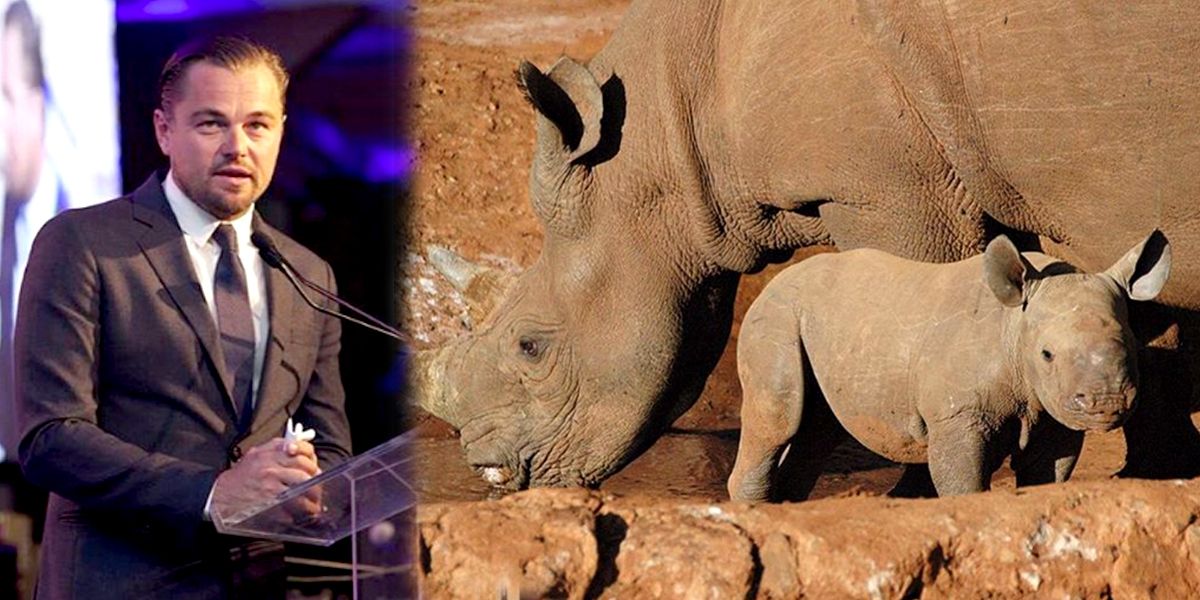Recent months have seen a surge in extreme weather events across the globe, including record heatwaves, devastating floods, and powerful storms. Scientists warn that these events are becoming more frequent and severe due to climate change, posing significant risks to human lives, infrastructure, and economies.
Communities in Europe, North America, Asia, and Africa have reported massive disruptions, with emergency services stretched thin and disaster response efforts increasingly challenged.
Economic and Social Impacts
The economic toll of extreme weather is staggering. Agricultural losses, damage to homes and businesses, and interrupted supply chains are driving costs into billions of dollars. Vulnerable populations are disproportionately affected, with low-income communities facing limited resources for evacuation, recovery, and rebuilding.
Governments are now investing heavily in disaster preparedness and infrastructure resilience. Early warning systems, flood defenses, and urban planning initiatives aim to mitigate the impact of future events, but challenges remain due to rapid urbanization and climate uncertainty.
International Cooperation and Policy Response
The United Nations and other global organizations are emphasizing international collaboration to combat climate change. Recent summits have highlighted the urgency of reducing carbon emissions, transitioning to renewable energy, and funding climate adaptation projects in vulnerable regions.
Despite agreements, political and economic disagreements continue to hinder progress. Balancing short-term economic growth with long-term environmental sustainability remains a core challenge for policymakers worldwide.
Role of Technology and Innovation
Technology is playing a crucial role in addressing climate impacts. AI-driven climate models help predict extreme weather events and optimize resource allocation during emergencies. Renewable energy advancements, smart grids, and carbon capture technologies are providing tools to reduce environmental damage and promote sustainability.
Additionally, community-driven initiatives, such as localized climate monitoring and disaster preparedness apps, empower citizens to respond effectively and reduce risks.
Public Awareness and Activism
Public engagement has risen sharply, with environmental activism gaining momentum globally. Youth movements, social media campaigns, and grassroots organizations are pushing governments and corporations to adopt more sustainable practices. Consumers are also increasingly choosing eco-friendly products and supporting companies with strong environmental commitments.
FAQs
What are the main causes of extreme weather events?
Climate change, driven by greenhouse gas emissions and deforestation, is the primary cause of more frequent and severe weather events.
Which regions are most affected?
All continents experience extreme weather, but vulnerable populations in Asia, Africa, and low-lying regions face the highest risks.
How are governments responding?
Governments are investing in disaster preparedness, early warning systems, resilient infrastructure, and climate adaptation programs.
What role does technology play in combating climate change?
AI models, renewable energy, smart grids, and carbon capture technologies are helping predict, mitigate, and reduce environmental impacts.
How can individuals contribute?
Individuals can reduce carbon footprints, support sustainable products, participate in climate advocacy, and stay informed about local emergency preparedness.
Conclusion
The intensifying climate crisis is a stark reminder of humanity’s vulnerability and the urgent need for action. Extreme weather events are not isolated incidents—they are signals of a larger, systemic problem requiring global collaboration, technological innovation, and community engagement.
While challenges are immense, the rise in public awareness, activism, and policy initiatives offers hope. By combining science, technology, and collective effort, society can mitigate risks, protect vulnerable populations, and work toward a sustainable future for generations to come.











